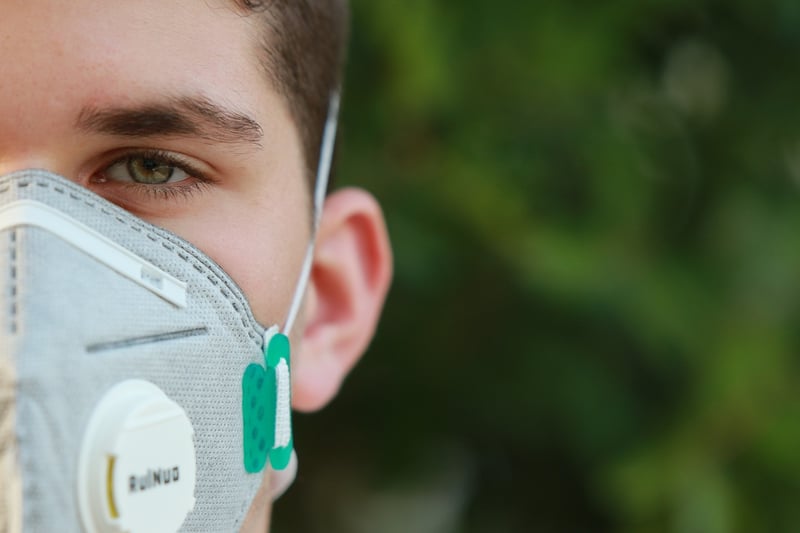Weather Precautions
Staying Prepared and Secure: Weather Precautions
Being prepared for various weather conditions is crucial to ensure your safety and security. Whether you are at home, work, or traveling, knowing how to handle different weather situations can make a significant difference. Here are some essential tips to help you stay prepared and secure in changing weather:
1. Stay Informed
Keep yourself updated with the latest weather forecasts. Use reliable sources such as the National Weather Service or weather apps to stay informed about any upcoming severe weather conditions in your area.
2. Have an Emergency Kit
Prepare an emergency kit that includes essentials like food, water, medications, flashlight, first aid supplies, and important documents. Keep this kit easily accessible at home or in your vehicle.
3. Create a Communication Plan
Establish a communication plan with your family members or colleagues in case of emergencies. Know how to reach each other and where to meet up if you get separated during severe weather.
4. Secure Your Property
Secure outdoor furniture, garden tools, and other loose items that could become hazardous in strong winds. Trim trees and branches that may pose a risk during storms.
5. Stay Indoors During Severe Weather
When severe weather strikes, stay indoors and away from windows. Seek shelter in a basement or an interior room on the lowest level of your building. Avoid using electrical appliances during a thunderstorm.
6. Be Prepared for Power Outages
Have a supply of batteries, candles, and a portable charger for your devices in case of power outages. Keep your phone charged and use it only for essential communication to conserve battery.
7. Check on Vulnerable Individuals
Remember to check on elderly neighbors, people with disabilities, or those who may need assistance during severe weather events. Offer help and support where needed.
8. Follow Evacuation Orders
If authorities issue evacuation orders due to severe weather, follow their instructions promptly. Have a plan in place for evacuation routes and shelters in advance.
By following these weather precautions and staying prepared, you can minimize risks and ensure your safety during challenging weather conditions. Remember, it's always better to be over-prepared than caught off guard.

